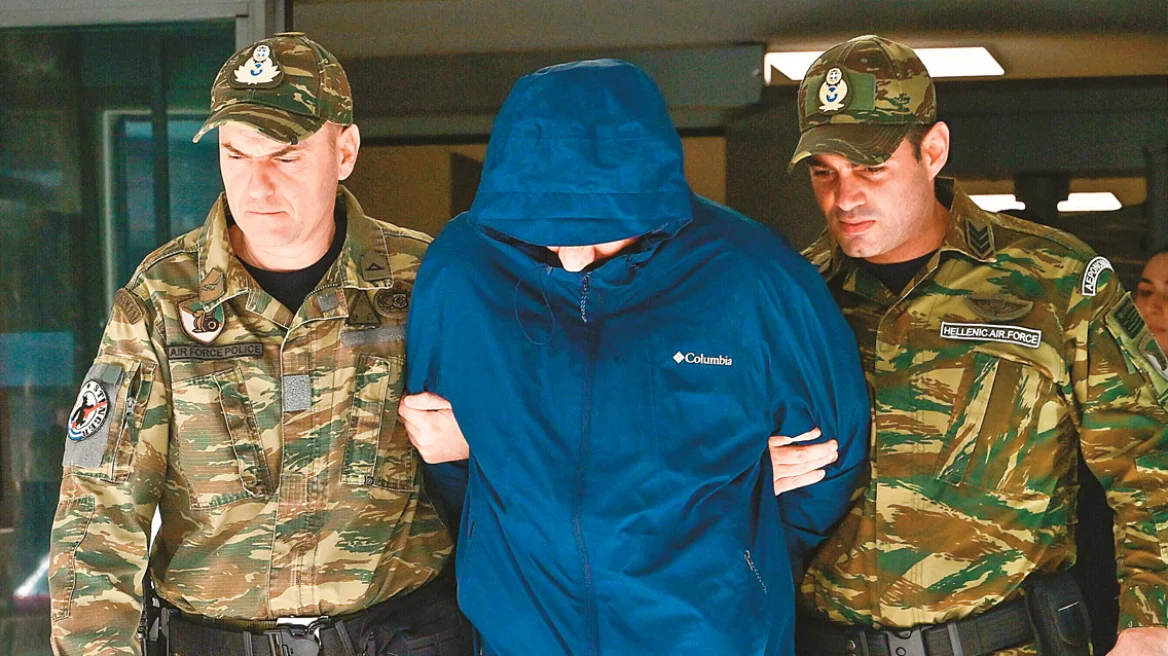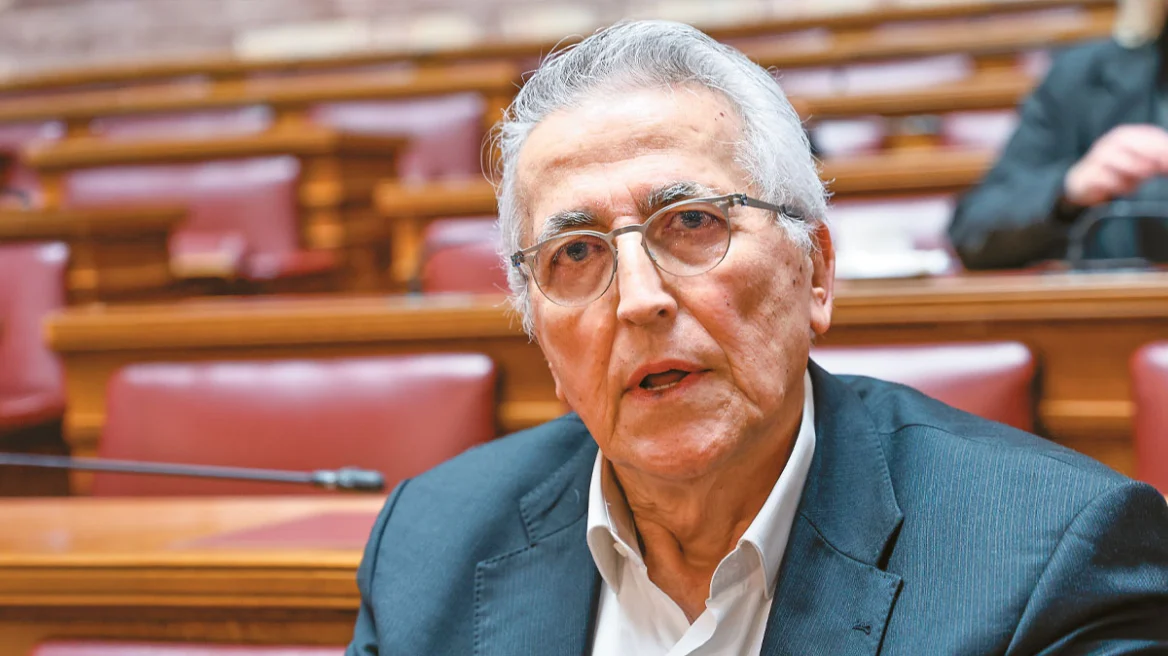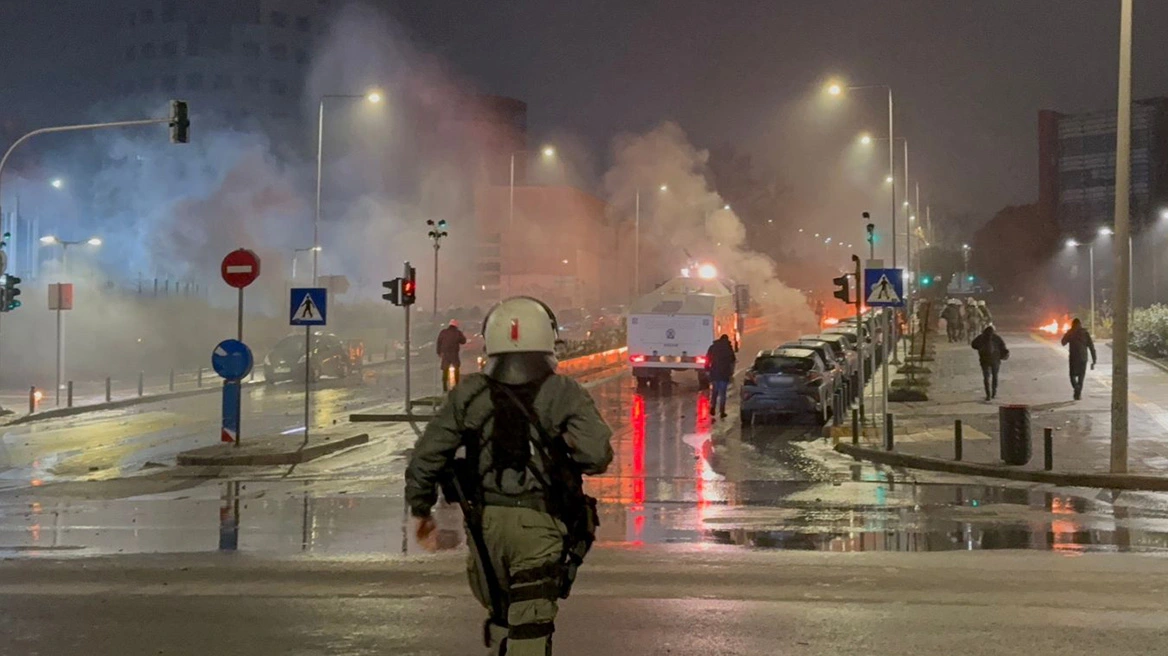PM Kyroiakos Mitsitakis made it clear in an interview to Financial Times that his government would not accept any strict terms reminiscent of the harsh troika days and memoranda, in order to receive the emergency aid funds that the European Union is preparing to offer through the Rehabilitation Fund.
FT Director Roula Khalaf and European Head of Ben Ben Hall covered a wide range of issues with the Greek PM, from Greece’s reaction to the pandemic, which Roula Khalaf said “surprised many” to one-year anniversary since the “defeat of populism” in Greece in the elections of July 7, 2019.
The Prime Minister indirectly responded to the countries that insisted on the coupling of financial aid through the EU Rehabilitation Fund with tough conditions (Sweden, Finland, Denmark, the Netherlands), while adding that the Greeks have matured and want to promote their own reforms.
“We were the first country to elect a populist government and we paid a heavy price. Exactly five years ago it was the dramatic week that the banks closed, we had the referendum and we came very close to the edge of the cliff. Thank God, we took care to avoid the worst, because the government realised that it had to make a 180-degree turn. But it cost us three years of economic growth (…).
“I believe that the pandemic (COVID) has significantly contributed to the disdain of those who believe that there are easy and simplified solutions to complex problems and those who want to blame others for their own shortcomings. This tactic doesn’t work when you have to save lives every day. And I believe that the people understand this not only in Greece but all over the world.”
also read
Heavily armed black protesters march peacefully (video)
Mr. Mitsotakis stressed that the six-month evaluation of the country’s economic performance, carried out by the European Commission, is sufficient. “I do not think any additional strict conditions are necessary,” he said, adding that such a thing was considered “politically unacceptable” by the South. Germany, France and other official institutions (Commission, ESM, EKT) have also opposed the terms, which will be reminiscent of a memorandum.
Regarding Greece’s relations with Turkey and his phone contact with President Erdogan, the Prime Minister said: “First of all, I would like to point out that when I first met as newly elected Prime Minister with President Erdogan in September 2019 at the UN General Assembly, I stated to him directly that I looked forward to opening a new chapter in Greek-Turkish relations, but that would mean stopping aggressive behaviour, ensuring that we maintain good neighbourly relations and relying on international law to resolve any disputes we may have. Unfortunately, Turkey’s stance so far has not been as promising, as it is using increasing aggression in the eastern Mediterranean in full violation of what he agreed to do in the Berlin Process. It is conducting illegal drilling in the exclusive economic zone of Cyprus. In essence, we are saying that this behaviour can no longer continue. On the other hand, we need to ensure that the channels of communication with Turkey remain open.”
Ask me anything
Explore related questions





